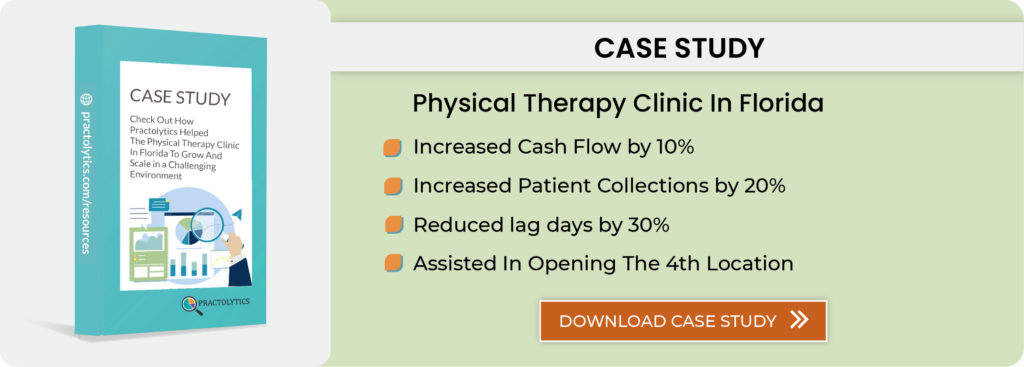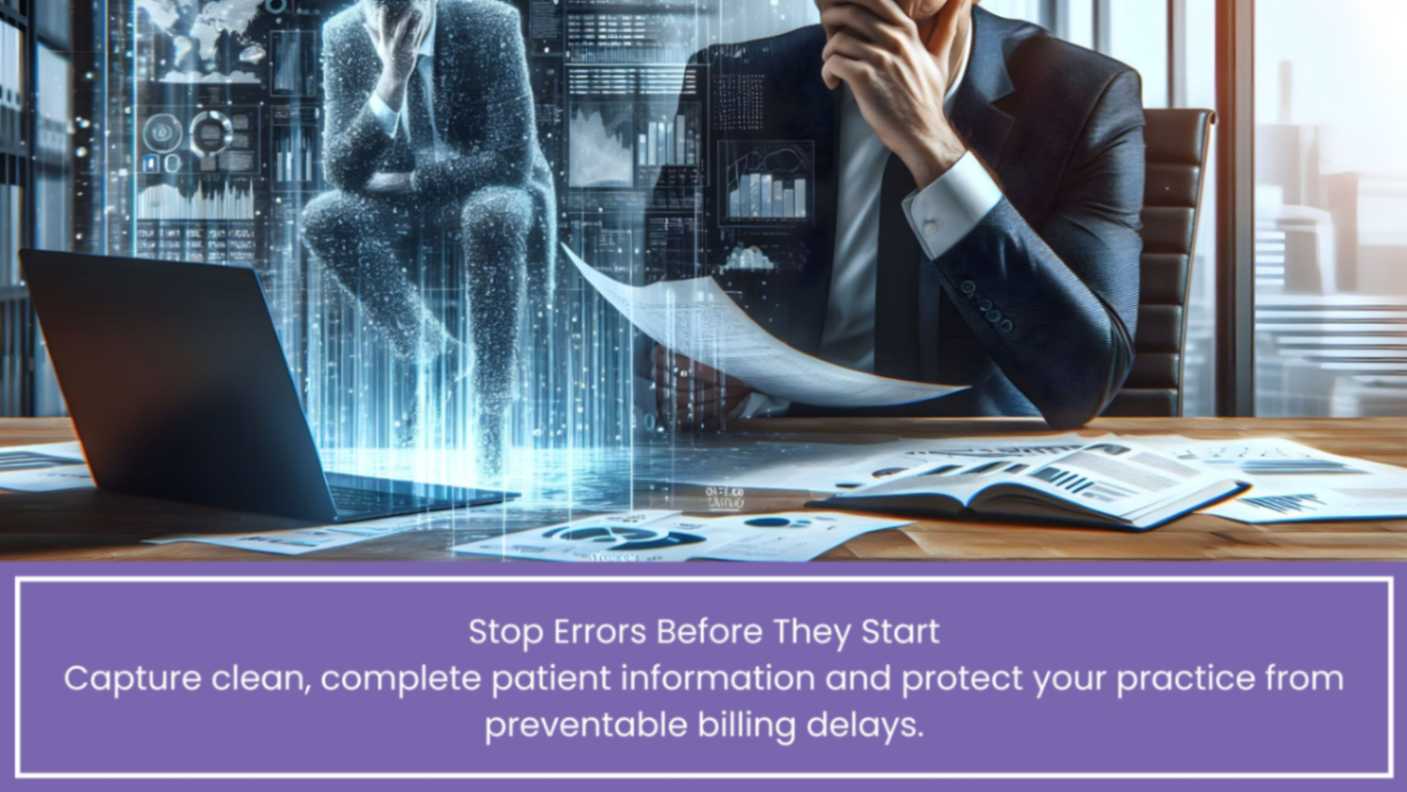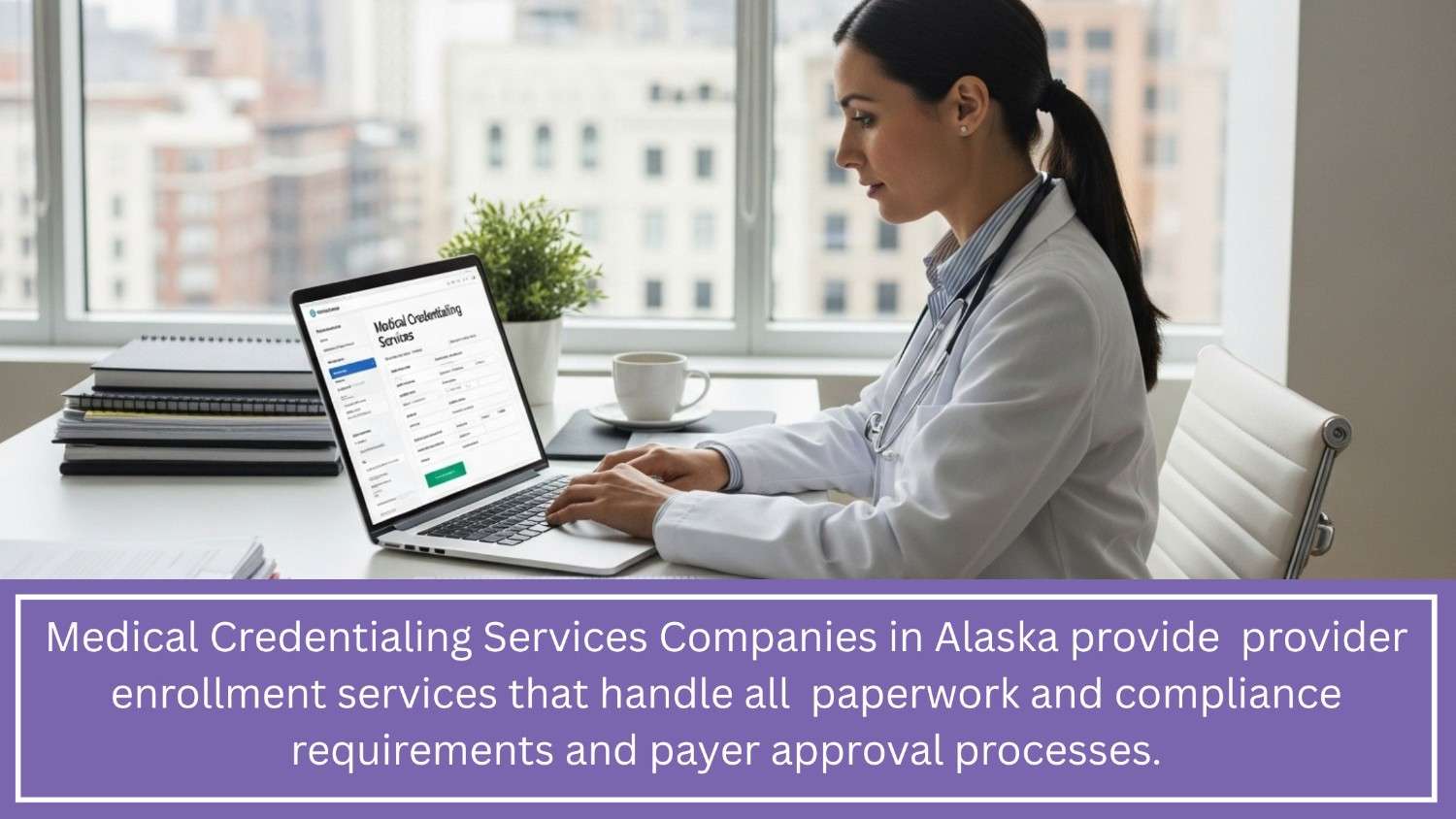In-House RCM vs. Outsourcing with Practolytics: A Data-Driven Decision for Gastroenterology Practices
There is an enormous need for gastroenterology practices to maximize RCM in a competitive industry of contemporary healthcare. Stability and growth in the financial domain depend on striking a balance between effective administrative procedures and first-rate patient care. A critical decision for any practice is choosing between in-house RCM and outsourcing with a dedicated partner like Practolytics. This blog post delves into a comparative analysis, equipping you with data-driven insights to make an informed decision.
Table of Contents
The In-House RCM Model: Building Expertise, Bearing Burdens
The in-house model involves establishing and managing your own RCM team. This approach offers a sense of control and familiarity with your specific workflows. It is possible to customize protocols and training to meet your demands, which will help your employees stay consistent and retain their knowledge. But creating and keeping an internal team requires a large resource commitment.
- Cost considerations: According to the American Medical Association, the average medical biller makes more than $37,980 a year. Additional expenses such as benefits, training, software subscriptions, as well as dedicated office space are not included in this number. The average overhead cost per full-time employee, reported by the Medical Group Management Association (MGMA), is an astounding $83,523. These unstated costs can mount up rapidly.
- Staffing Challenges: It can be hard to identify and keep skilled RCM staff members in a competitive job setting. The resources and time needed to hire and onboard new staff members hinder workflow and productivity.
- Compliance Burden: Coding specifications and laws pertaining to healthcare are always changing. Another layer of work is required to maintain in-house knowledge on these difficulties, which calls for continual training and supervision.
- Limited Scalability: Internal teams frequently find it difficult to adjust to workload fluctuations. Ensuring efficient medical billing procedures might be difficult during busy times of the year or when there are staffing shortages.
Benefits:
- Direct control over RCM processes
- Familiarity with specific workflows
- Potential for customization
Drawbacks:
- High cost of building and maintaining an in-house team
- Staffing challenges and potential turnover
- Difficulty staying compliant with evolving regulations
- Limited scalability
Stats to Consider:
- According to a 2021 survey conducted by the American Medical Association, administrative costs account for 3% of the revenue generated by physician practices on average. Smaller practices with fewer economies of scale may see a much larger percentage of this.
- A new MGMA Stat survey indicates that 53% of healthcare practitioners are having trouble finding enough medical billers and coders.
Utilizing Practolytics to Outsource RCM: Increasing Efficiency and Savings
Outsourcing RCM involves partnering with a specialized service provider like Practolytics. We handle the entire RCM process or specific segments, allowing your practice to focus on patient care.
- Cost-Effectiveness: Compared to hiring and supervising an internal staff, Practolytics provides a scalable alternative. With our personalized pricing plan, you can maximize your investment on return by paying only for the services that you render.
- Enhanced Expertise: Our team of experts includes seasoned RCM specialists who are skilled at negotiating the constantly changing rules and codes about medical billing. This knowledge guarantees the filing of accurate claims, optimizing payments, and reducing denials.
- Advanced Technology: Practolytics utilizes cutting-edge RCM software and automation tools. Our AI-based technology enhances workflow, decreases mistakes, and increases overall efficiency.
- Ability to grow and adjust: Our strong infrastructure enables us to easily adjust to your practice’s requirements.. We guarantee continuous revenue flow by scaling our offerings up or down based on your workload.
Benefits:
- Significant cost savings compared to in-house RCM
- Access to specialized expertise and technology
- Improved claim accuracy and reduced denials
- Scalable solutions to meet fluctuating workloads
- Enhanced focus on patient care
Drawbacks:
- Less direct control over RCM processes
- Reliance on a third-party vendor
Stats to Consider:
- According to research published in the Journal of Medical Practice Management, healthcare facilities who used outsourced RCM experienced a 15% drop in their billing costs.
- In accordance with an HFMA survey, 78% of healthcare firms said that outsourcing their RCM services has increased their revenue cycle efficiency.
Practolytics: Your Trusted Partner in Gastroenterology RCM
We at Practolytics are aware of the particular difficulties gastroenterology practices encounter. The precise medical coding and billing guidelines for procedures like as endoscopies, colonoscopies, and ERCPs are well-known to our staff. Hence, we provide an extensive range of healthcare RCM services to address your unique requirements:
- Automated Coding: By reliably assigning CPT codes according to the procedure descriptions and clinical notes, our AI-powered software reduces errors and boosts productivity.
- Effective Denial Management: We actively identify possible denials and offer advice on enhancing claim precision to reduce the financial impact of claim denials.
- Simplifying procedures like insurance verifications, pre-authorizations, & patient statements can lead to more efficient cash flow and happier patients thanks to streamlined patient billing systems.
- Compliance Monitoring: We make sure your practice stays compliant and stays out of trouble by keeping up with the most recent regulatory changes.
- Insights Based on Data: Our reporting and analytics tools provide valuable data to inform your decisions and identify areas for enhancement in the RCM performance of your practice.
Choosing With Care: A Data-Informed Method
Think about the following aspects when choosing between outsourcing with Practolytics and in-house RCM:
- Cost: Determine the entire cost of in-house RCM, taking into account overhead, manpower, training, and technology costs. Examine this against the cost of outsourcing using Practolytics, accounting for possible cost reductions and increased revenue cycle effectiveness.
- Expertise: Evaluate your practice’s level of RCM expertise. In situations where you are short on resources or abilities, outsourcing may be a better option.
- Scalability: Take into account your practice’s expansion goals and the RCM team’s capacity to manage varying workloads. Practolytics outsourcing provides a scalable solution that may change to meet your evolving requirements.
- Concentrate on Patient Care: You may improve overall patient satisfaction by freeing up your personnel to concentrate on delivering high-quality patient care through outsourcing RCM.
Conclusion: Empower Your Gastroenterology Practice with Practolytics
Boosting your RCM is essential for the financial viability and growth of gastroenterology practices in the competitive healthcare industry of today. Practolytics offers RCM outsourcing that comes with many benefits such as reduced expenses, enhanced efficiency, and improved revenue cycle results. United, we can assist you in maximizing your clinic’s capabilities and offering exceptional care to your patients.
For a personalized session with the most knowledgeable staff and to gain more insights on our RCM solutions, get in touch with Practolytics right now.
Invest in your practices’ future with the Practolytics!
ALSO READ – Revolutionizing Healthcare Through Enhanced Patient Engagement and Technological Innovations
Talk to Medical Billing Expert Today — Get a Free Demo Now!






